|
The third transnational meeting of the “Internet of Things security nuggets” - a strategic partnership co-funded by the Erasmus plus programme of the European Commission, took place on 11 October 2019 in Piraeus and was hosted by IDEC: Aintek symvouloi epicheiriseon ypsilis technologias ekpaidefsi anonymi etaireia. Prior to the transnational meeting all project partners also participated in the first training and first multiplier event - Cybersecurity in the IoT Ecosystem as part of the project. Photos from the events below. Partners in the project are:
IoT security nuggets: 2018-1-BG01-KA202-047919 is an Erasmus + project. For more information about the project, read here. The international conference "Digital Skills & Innovation @2030" that took place on 11 July 2018 in Sofia, Bulgaria was attended by more than 150 delegates from various countries. The event was organised by the two partners of the "Design Thinking for Digital Innovation' Project - DigiThink No. 2016-1-BG01-KA203-023719 - KISMC and ULSIT, co-funded by the Erasmus+ programme of the European Union. The conference was organised to reveal the results of the 2-years DigiThink project, where 6 organisations were working together: KISMC - Bulgaria, State University of Library Studies and IT - Bulgaria, University of Deusto - Spain, Tecnalia - Spain, Constantine the Philosopher University in Nitra - Slovakia, Training 2000 - Italy. In addition to that, the international conference "Digital Skills & Innovation @2030" brought together innovation and digital experts, entrepreneurs, investors, academicians, professionals and stakeholders in the innovation and entrepreneurship ecosystem. During the event like-minded people had the opportunity to exchange views on various topics in the digital, innovation and entrepreneurship space and discuss potential collaboration. After months of preparation and hard work during the conference all DigiThink project partners shared the results of the project, whereas the conference had amazing speakers from the UK, Spain, Italy, Romania, the Netherlands, Macedonia and Bulgaria. Moreover, the conference had a workshop panel during which all delegates had a chance to participate in a competition game for design thinking, focused on the digitization and transformation of Sofia into a smart city and during the process they had to generate and share ideas and solutions in this direction. The event was full of excitement, great networking over glasses of wine and plenty of follow ups bringing potential opportunities for everyone. If you didn't have a chance to join us at this illuminating event, we have recapped it in 13 interesting insights from the speakers, therefore please check them out below: 1. Design Thinking for DigiThinkAn approach based on Design Thinking was followed in the “Digithink” Project.
|
KISMC TeamBlog post by our team, innovation contributors, VIP members, blog guests, etc. Archives
January 2024
Categories
All
|
|
The Knowledge, Innovation and Strategies Management Club is a non-profit organisation set up in Sofia, Bulgaria in 2012 to foster knowledge and innovation management across South East Europe. KISMC is supporting the development of the innovation ecosystem in the region by bridging the gap between education, research and business.
|
© COPYRIGHT 2013- 2021. KISMC. ALL RIGHTS RESERVED.
|


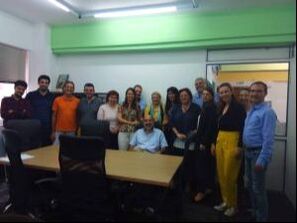
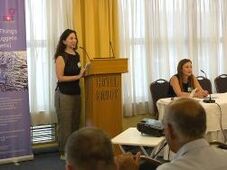
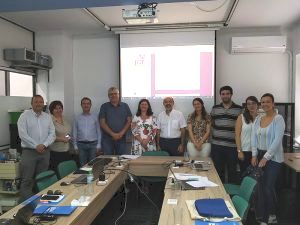
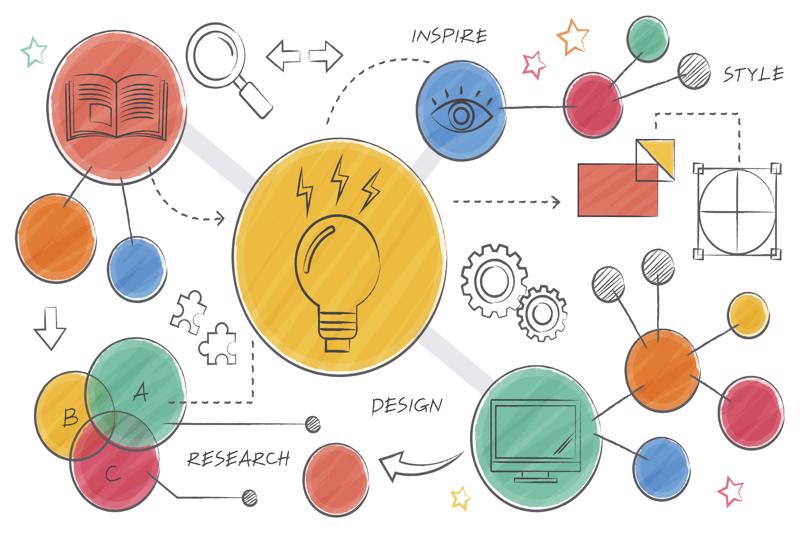
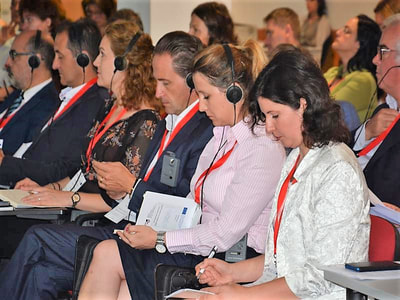
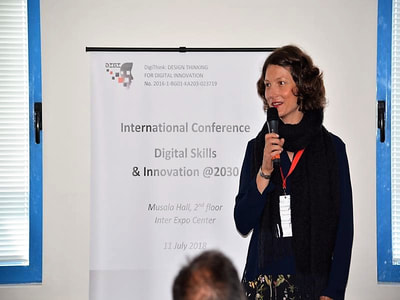
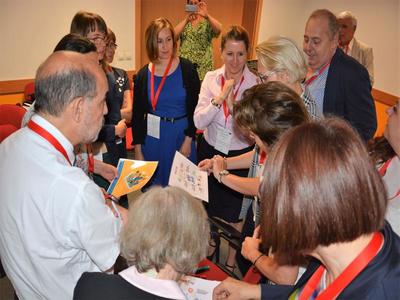
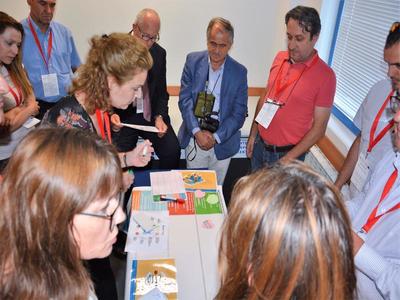
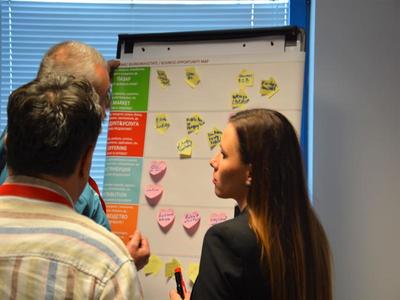
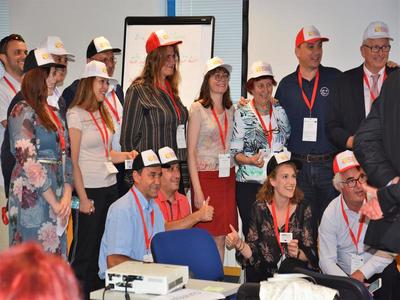
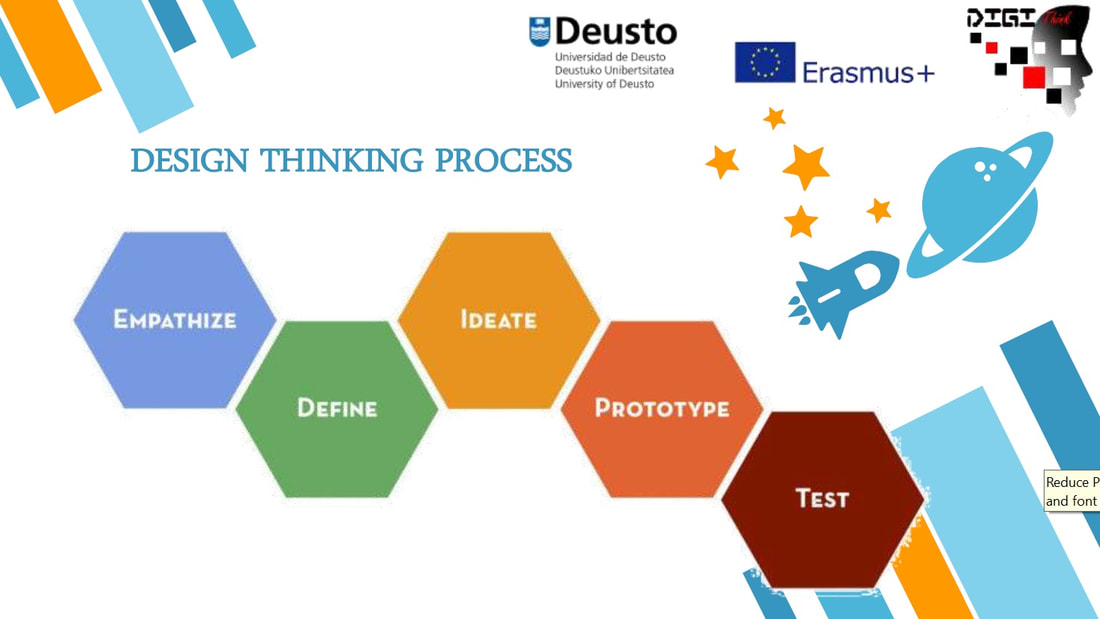
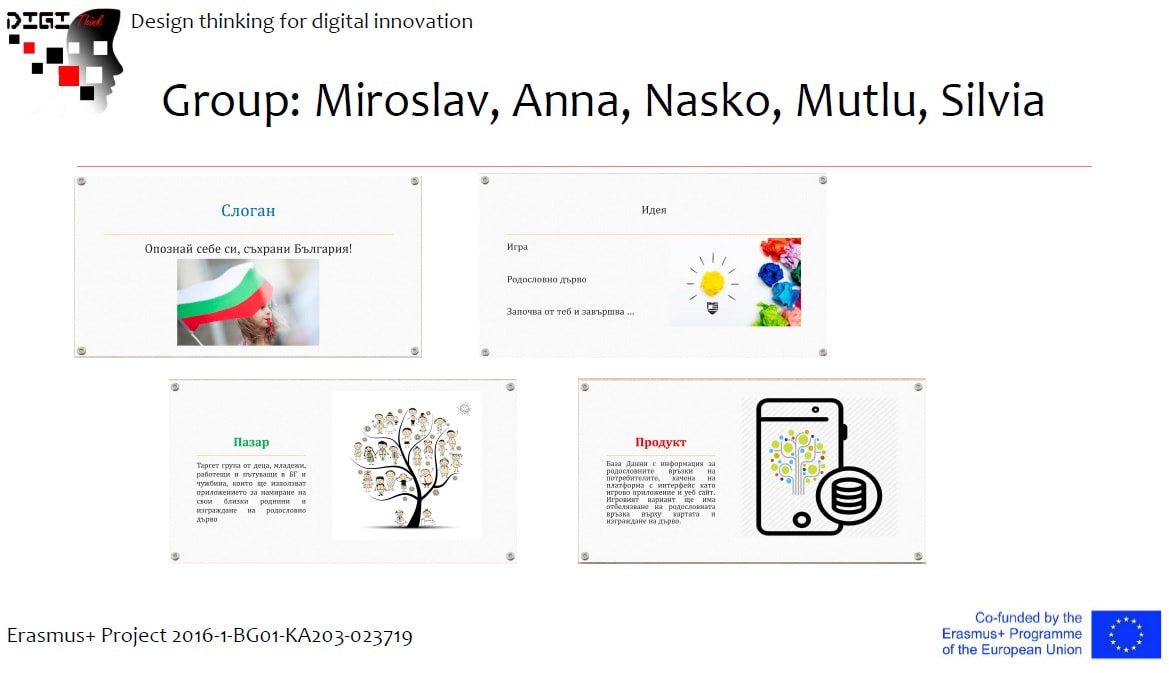
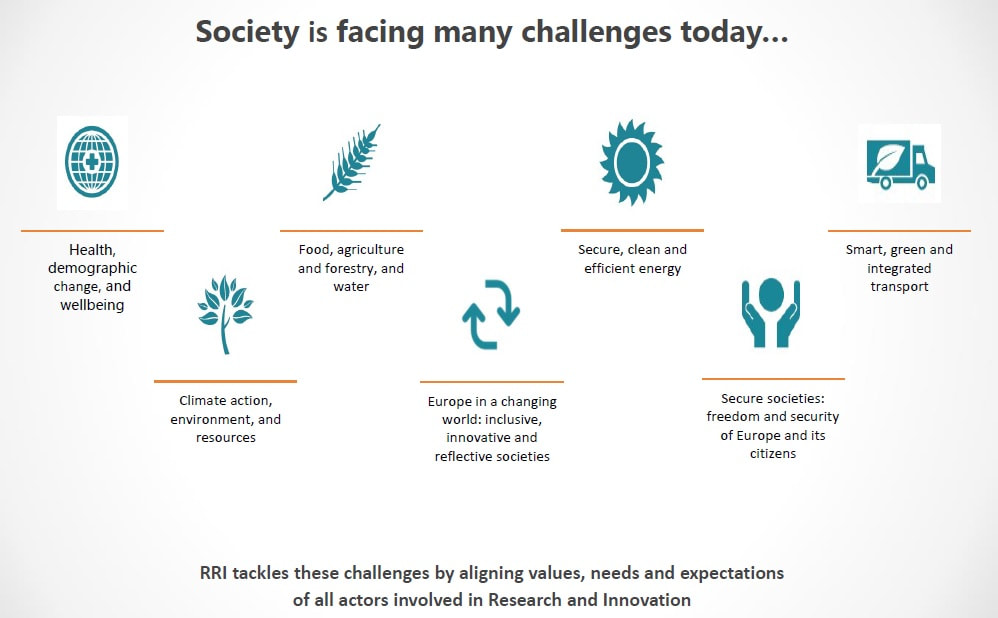
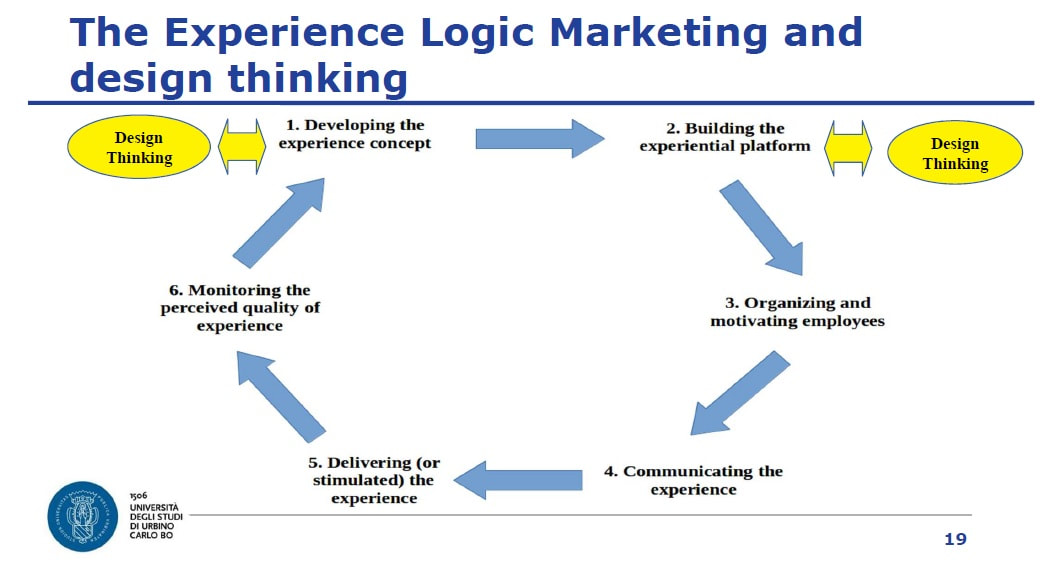
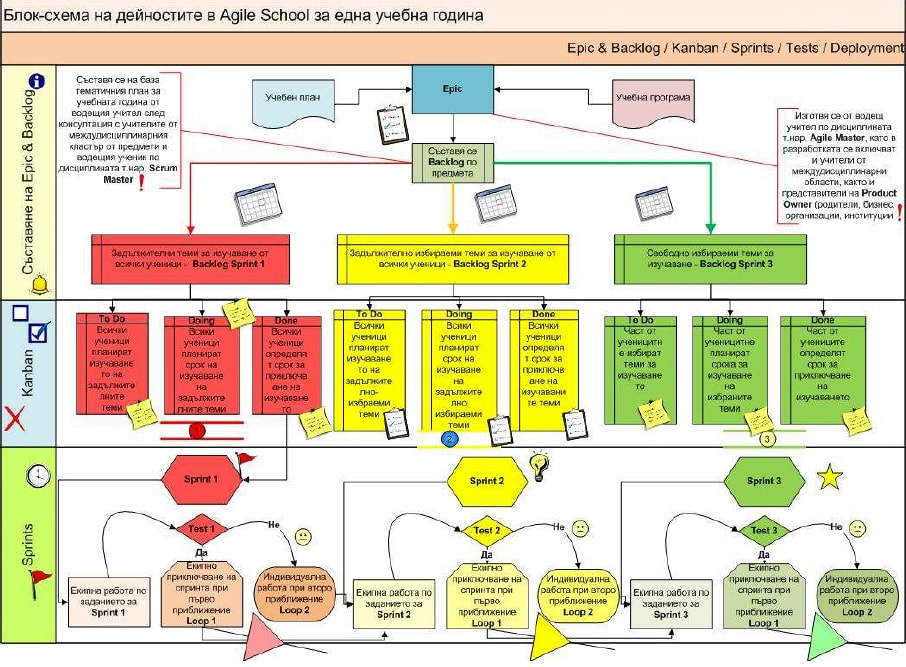
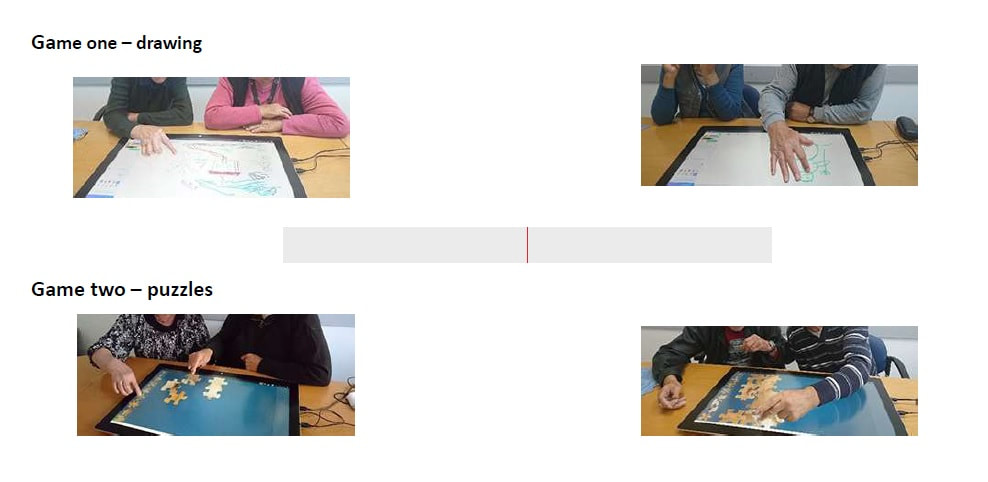
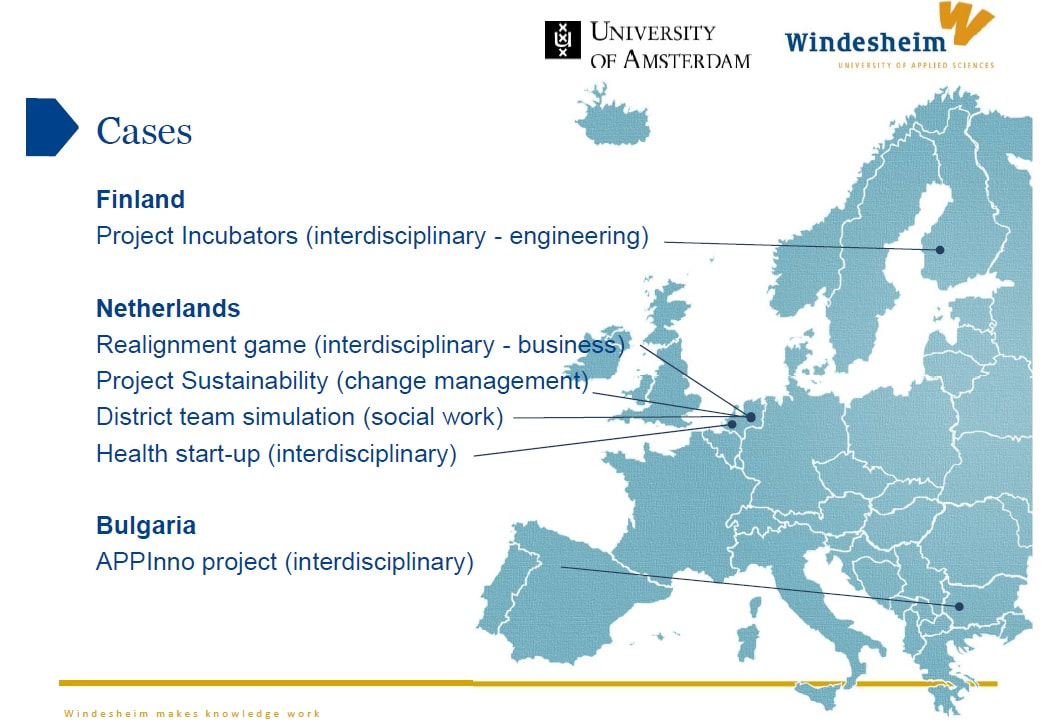
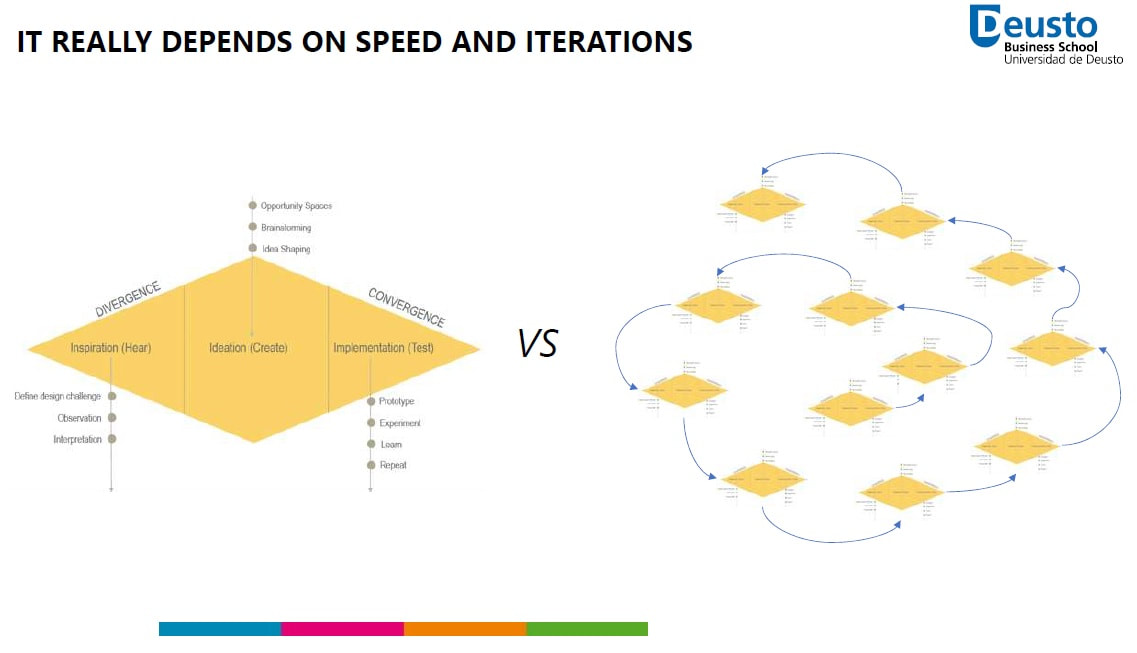
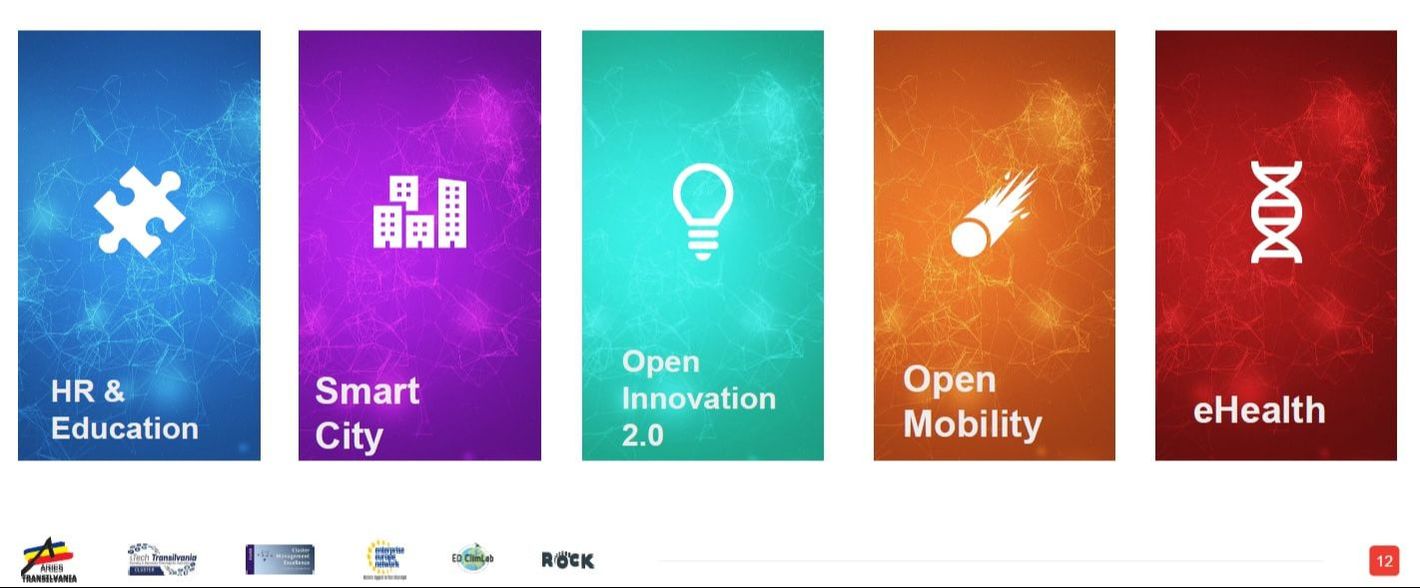
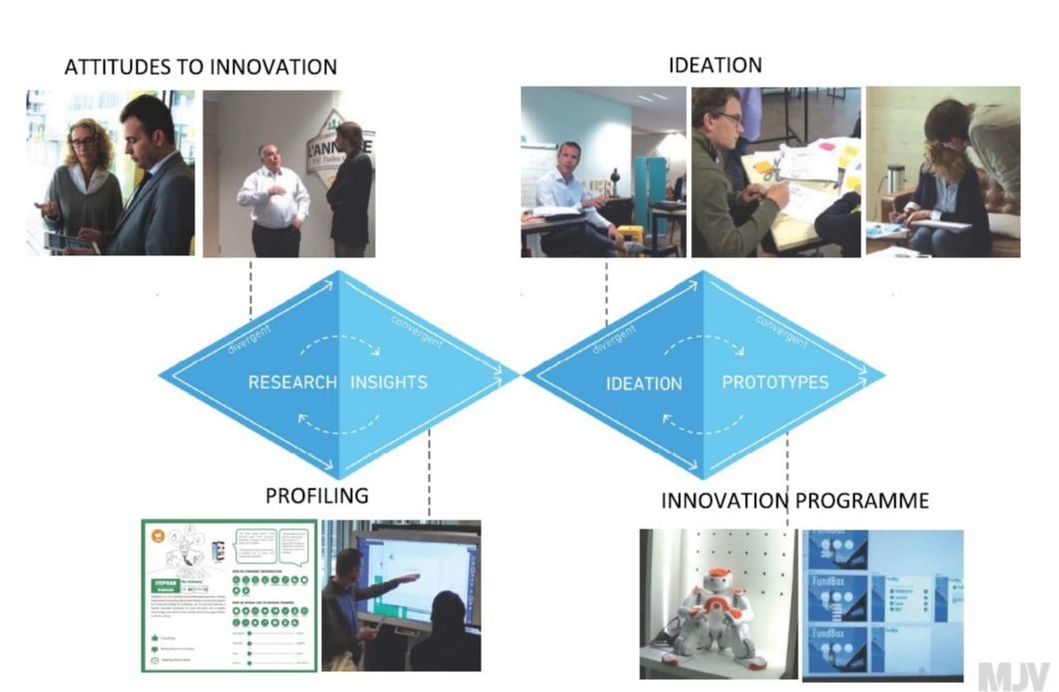
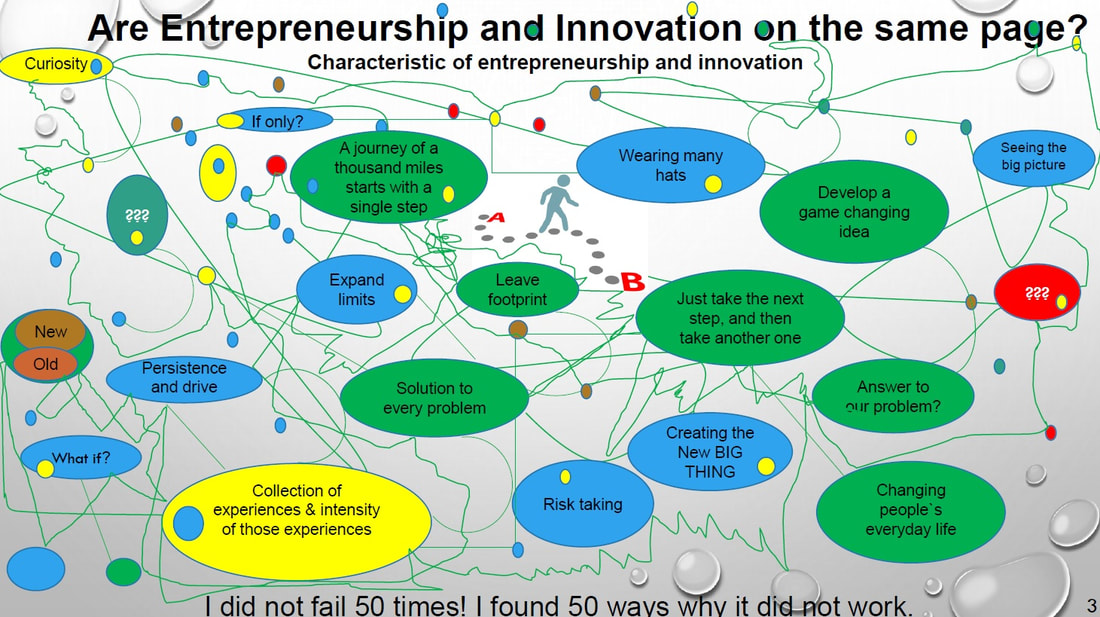
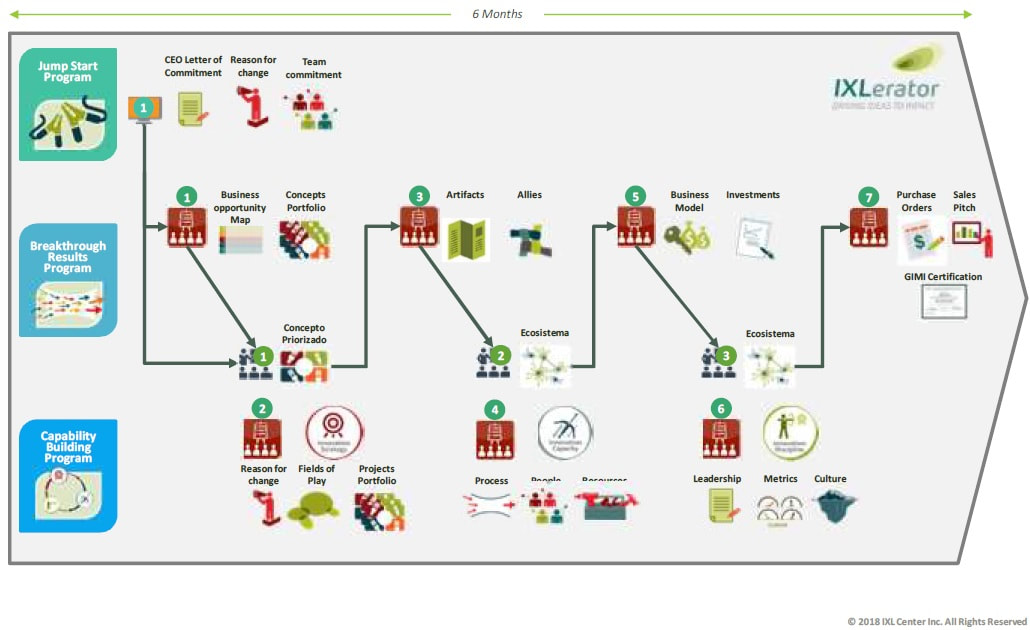
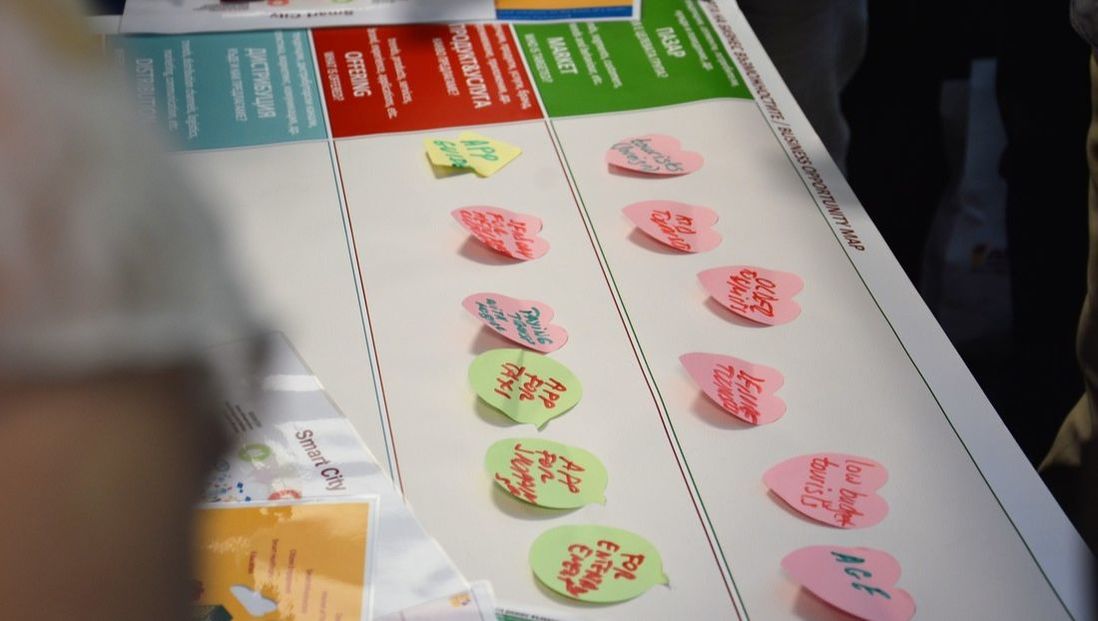





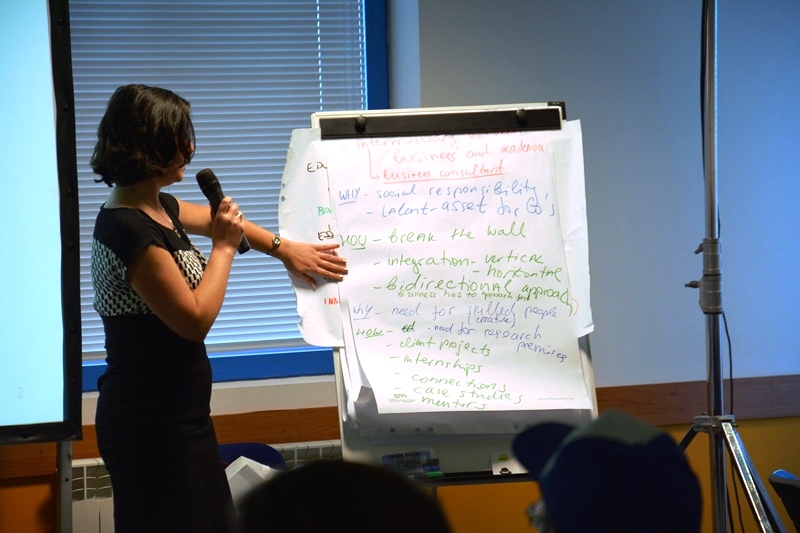
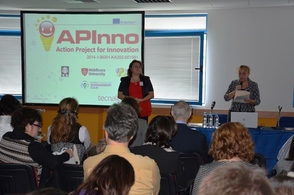
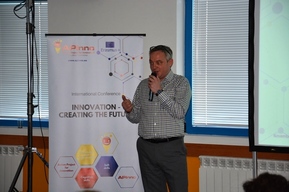
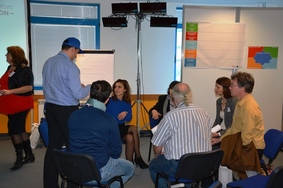
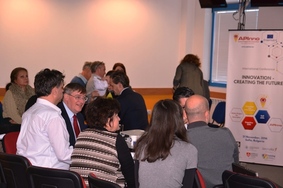
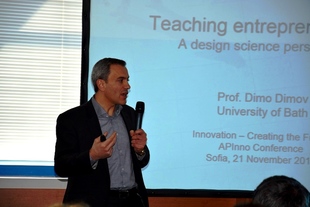
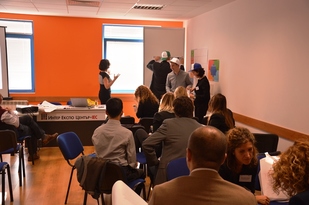
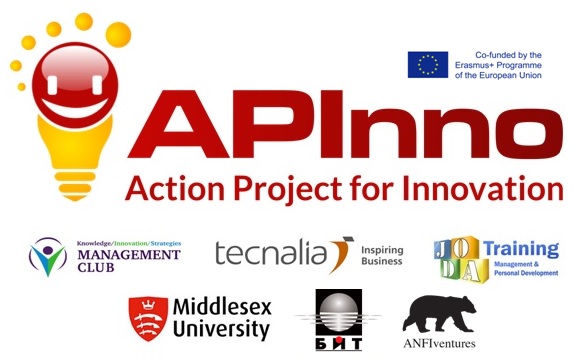








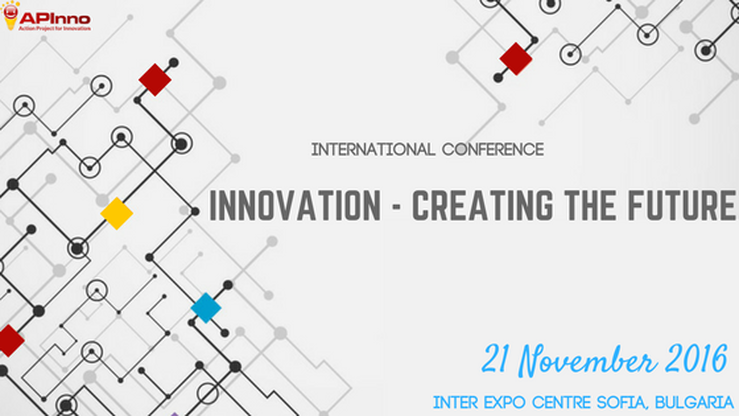
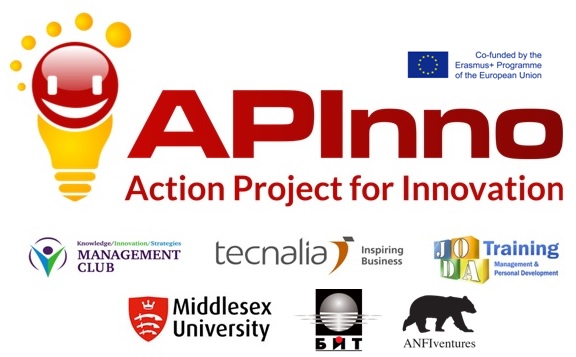

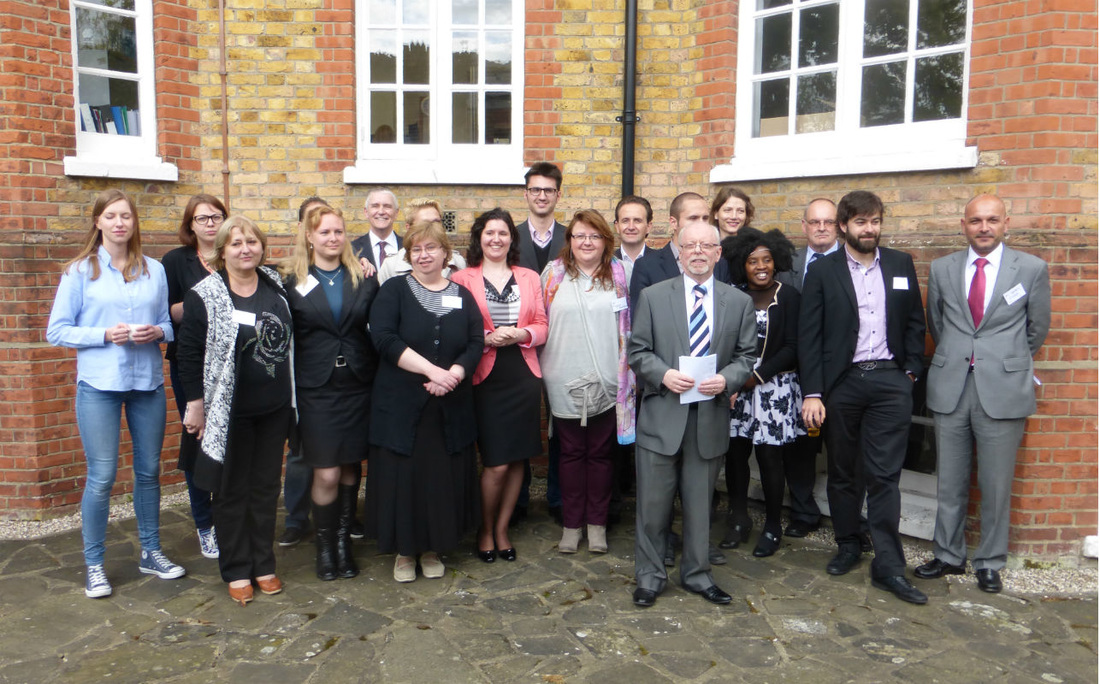
 RSS Feed
RSS Feed